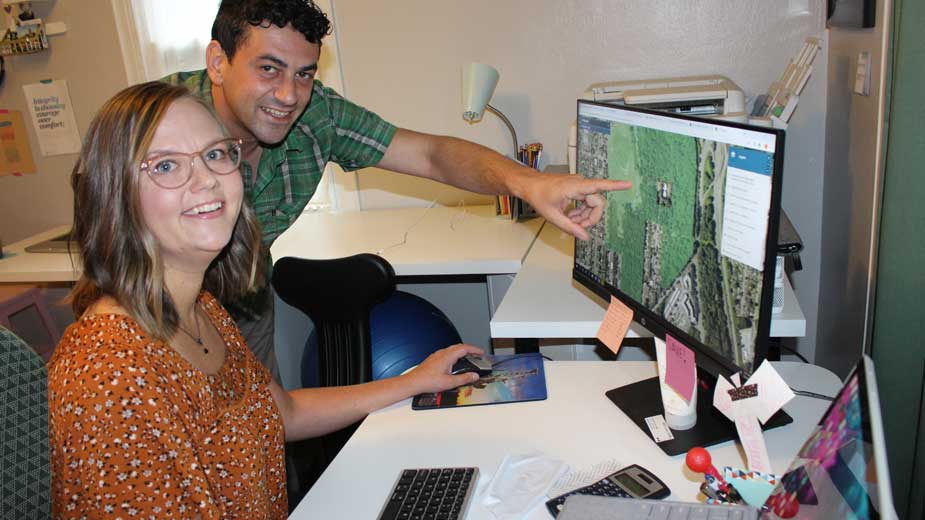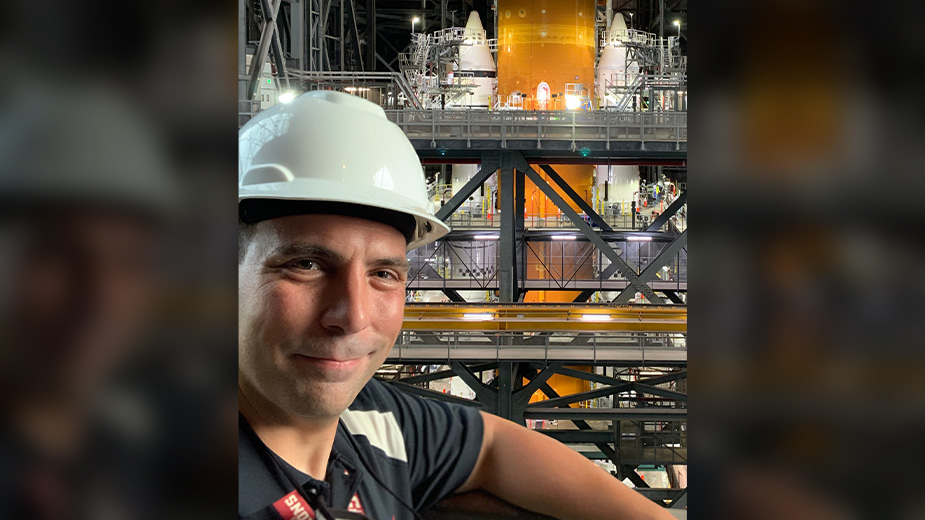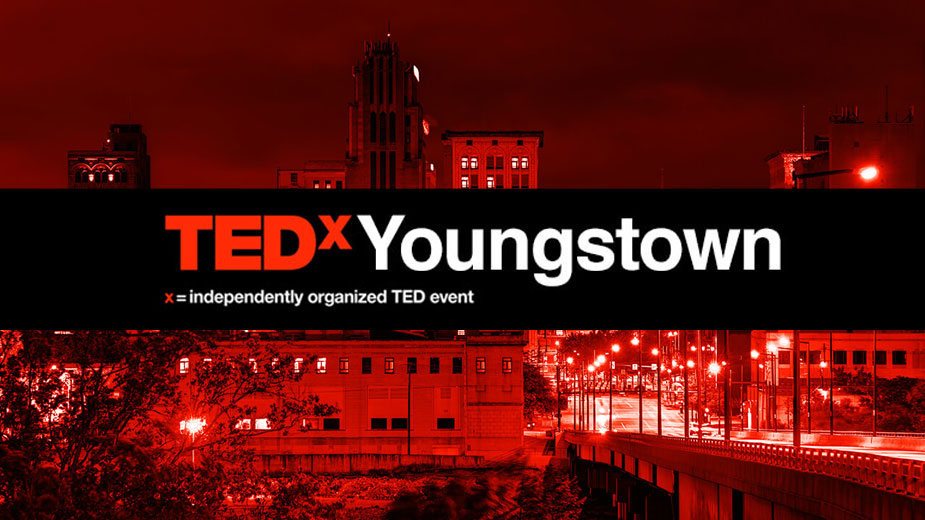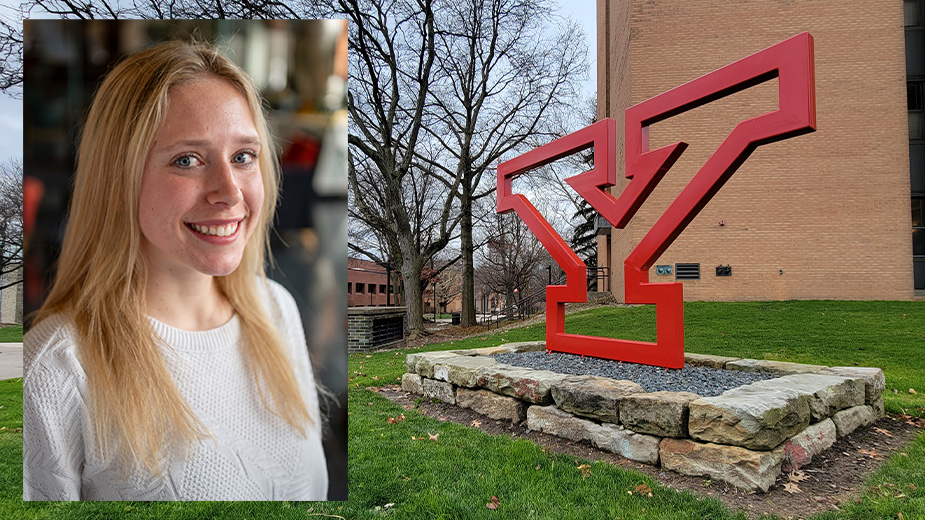Boomerangs Bring Home Environmental Skills
By Jeremy Lydic
YOUNGSTOWN, Ohio — For Courtney and Josh Boyle, returning to northeastern Ohio after being gone more than a decade took some getting used to.
The husband and wife team behind Environmental Collaborative moved to Boardman three years ago after living and working 10 years on the West Coast. Courtney, born and reared in Mentor, says she didn’t expect the culture shock upon returning.
“I was gone for a decade and I forgot all of the ways I’ve grown and changed over time,” she says. “But it was great to be back by family. It was great to be back by friends.”
Courtney and Josh, a Youngstown native, lived and worked 10 years in the western United States – Josh in Wyoming and Arizona a few years and Courtney in southern California – before they both ended up in Seattle. While there, Courtney, an engineer by profession, worked for a national firm, collaborating with the Seattle Public Utilities on stormwater and waste-water management, while Josh taught environmental science and STEM (science, technology, engineering and mathematics) courses in schools.
Everything in Seattle “was growing like crazy,” Courtney says. They were living in an apartment because they couldn’t afford a house and they started having children. When their oldest was 2 years old, they decided to move closer to family, she says.
For Courtney, that meant being closer to her grandmother, who reared her after her parents died when she was a baby. Her grandmother died last October, which made coming home all the more important, she says.
“In hindsight, I’m so happy we were back and got to spend the last three years with her,” she says. “She really helped us aspire to do what we love and go after our dreams.”
Wanting to put the skills they’ve gained elsewhere to work at home, the Boyles founded Environmental Collaborative a year ago. The company is a consortium of designers, scientists, engineers and educators working to “implement environmental projects and programs that can increase the sustainability, health and evolution of our communities,” Courtney says.

Engaging children is a priority. Through its environmental-education summer program, Eco Adventures, the company leads children on field trips into Mill Creek Park and teaches them STEM education “by getting their hands dirty,” she says.
The project-based, experiential education is led by Josh, lead educator for the company. He works with Boardman Local Schools to get the students involved in what scientists do, but “low scale,” he says.
Boyle takes them into creeks to overturn rocks to search for crayfish, small bugs and macroinvertebrates, he says. He teaches them to discover something, explain it, draw it, share it with others and group it with things that are alike. Such activities align with the new Ohio science standards that require children to practice science rather than just learn about it in a classroom, he says.
“What we’ve seen now a lot with science is if kids aren’t interested by the fourth or fifth grade, that they tend not to get interested,” he says. “Kids tend to find things outside a bit more interesting. Their attention can be drawn a lot more to different things while they’re walking around, observing different things.”
Environmental Collaborative was recently approved for a grant to get the program off the ground in Boardman and the Boyles say they’re looking to expand into other schools that have voiced interest.
In the next few months, Josh will start planning with Boardman teachers and lining them up with training in conservation programs, such as the Ohio EPA’s Project Wet and the Ohio Department of Natural Resources’ Division of Wildlife’s Project Wild, he says.
The company is seeking other schools to partner with, he says, but adds that the programs work best in schools that already have certain science programs or are looking to bring them in.
“These are things these teachers are already doing at Boardman schools,” he says. “I’m just helping elevate the programs they’re doing [and] bring some other funding so they can do more.”
This fall, he’ll work with the United Way of Youngstown and the Mahoning Valley to effect project- and place-based science enrichment programs at three locations, he notes.
Such programming is critical in workforce development for STEM jobs. There is a gap in science education, he argues, in that what’s being studied in the classroom doesn’t truly reflect “what is really being done with science.” It’s a gap that Environmental Collaborative seeks to fill by exposing students to as many careers as possible and getting them interested in science so they can compete for those jobs.
“We’re going to be bringing in mentors from the community that work in the environmental STEM community,” he says. “They might work on gas wells. They might work for consulting firms. They might work for [Youngstown State University]. [The kids will] hear about what these people do and [will] work with them to understand what their daily work life is like.”
Getting kids interested in science is critical as community groups work to build an environment friendly to workforce development and entrepreneurship, Courtney says. To get to the next level, a community needs to retain young talent.
“We want to bring new ideas here. We want to think through things differently,” she says. “And we want your talent; we need your talent.”
Courtney understands the desire to leave for greener pastures.
“A lot of people feel like they’re not heard, especially young people in the area,” she says. “They’re not heard; they’re ideas aren’t valid. And I think that sends them elsewhere.”
Coming home reminded her of the traditional work culture in northeastern Ohio – the aforementioned culture shock compared to what she was used to out west. And while the region hasn’t quite caught up with those other areas, she says individuals are working to make it happen here.
Which is why the Boyles say now is a good time for people who have left to return and bring their skills with them. Starting their company is something that wouldn’t have been possible in areas such as Seattle or southern California, where taking such a risk “would mean risking going homeless within months,” she says.
“Here, we have family supporting us. We have friends supporting us. We have the low cost of living that has allowed us to chase our dreams,” she says. “You can do whatever you want here if you put your mind to it. If we didn’t live in Youngstown, there’s no way this would even be a possibility.”
Copyright 2024 The Business Journal, Youngstown, Ohio.


